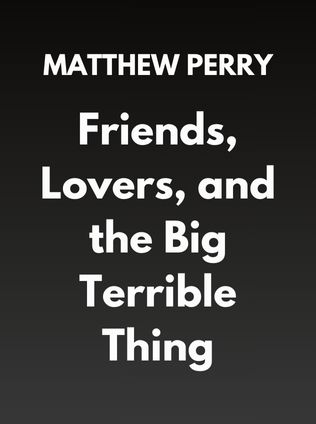
Alchemy
a Mary Wandwalker Mystery
By Rory Sutherland
Published 05/2019
About the Author
Rory Sutherland, the vice chairman of the British advertising firm Ogilvy & Mather, is renowned for his unconventional approach to marketing and behavioral science. Having graduated from the University of Cambridge, Sutherland joined Ogilvy in 1988, where he pioneered new strategies by merging commercial advertising with behavioral science. His work has fundamentally shifted how companies think about influencing consumer behavior, moving beyond traditional logic and into the realm of the psychological and the irrational. Sutherland’s book, Alchemy: The Dark Art and Curious Science of Creating Magic in Brands, Business, and Life, published in 2019, encapsulates his belief that understanding and embracing the irrational aspects of human nature can lead to extraordinary outcomes.
Main Idea
Alchemy by Rory Sutherland is a bold challenge to the dominance of logic and reason in the fields of economics, business, and politics. Sutherland argues that traditional rational approaches often fail to predict or influence human behavior because they overlook the complex, often irrational nature of the human mind. Instead of dismissing these irrational tendencies, Sutherland suggests that we should embrace them and use them as powerful tools for solving problems, influencing decisions, and creating value. Much like the ancient alchemists who sought to turn base metals into gold, modern leaders can use the ‘dark arts’ of psychology and behavioral science to transform the ordinary into the extraordinary.
Table of Contents
- Introduction: The Failure of Logic
- Chapter 1: The Problem with Simplification
- Chapter 2: The Illogical Mind
- Chapter 3: The Fallacies of Conventional Economics
- Chapter 4: The Power of Perception
- Chapter 5: The Magic of Illogic
- Chapter 6: The Importance of Signaling
- Chapter 7: Placebos and Their Power
- Chapter 8: Satisficing: The Good Enough Solution
- Conclusion: Embracing the Absurd
Introduction: The Failure of Logic
Sutherland opens his book by confronting the fundamental assumption that human behavior is driven by logic and reason. He argues that while logic has its place, it is often an inadequate tool for understanding and predicting how people behave. The modern world’s reliance on reason, especially in economics and politics, has led to numerous failures because it ignores the irrational, emotional, and often contradictory nature of human beings. Sutherland’s premise is that if we are to solve the problems of today, we need to stop relying solely on logic and start embracing the irrational. This, he claims, is where true power and potential lie.
"Any solution to human-centered problems must factor unreason into the equation." - Rory Sutherland
Chapter 1: The Problem with Simplification
One of the key themes in Alchemy is the danger of oversimplification. Sutherland argues that traditional economic models often reduce complex human behaviors to simplistic equations that fail to capture the full picture. This simplification leads to flawed conclusions and ineffective solutions. For example, the assumption that all consumers make decisions based on rational self-interest ignores the myriad of psychological factors that influence behavior.
Sutherland criticizes the way political parties and ideologies often oversimplify issues, leading to broad and inaccurate assumptions about people and their motivations. This reductionist approach, he argues, blinds us to the complexity and richness of human experience. By understanding that people often act irrationally, we can begin to create solutions that resonate more deeply with their true motivations.
In the physical sciences, oversimplification can lead to dangerous misunderstandings. For instance, the popularization of scientific concepts often involves stripping away the complexities that make these concepts accurate, leading to public misconceptions and overconfidence in one’s understanding. Sutherland warns that this same tendency to simplify can lead to similar pitfalls in economics and politics.
Sign up for FREE and get access to 1,400+ books summaries.
You May Also Like
The Subtle Art of Not Giving a F*ck
A Counterintuitive Approach to Living a Good Life
By Mark MansonRich Dad Poor Dad
What the Rich Teach Their Kids About Money - That the Poor and Middle Class Do Not!
By Robert T. KiyosakiHow To Win Friends and Influence People
The All-Time Classic Manual Of People Skills
By Dale CarnegieFreakonomics
A Rogue Economist Explores the Hidden Side of Everything
By Steven D. Levitt and Stephen J. DubnerQuiet: The Power of Introverts
The Power of Introverts in a World That Can't Stop Talking
By Susan Cain



















